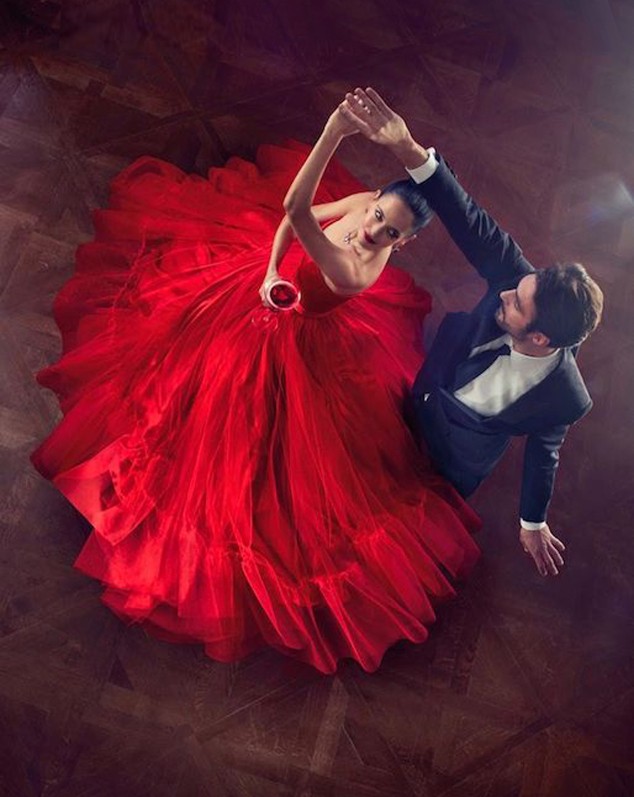
March 1, 1799 the waltz was under ban in St. Petersburg. Paul I issued this special decree, after he had once fallen, dancing a waltz. In addition, he believed the dance to be immoral and shameful. The ban lasted until 1828, when the emperor’s wife died. That was how irritated Lord Byron wrote about the waltz in 1813, after he yad seen his wife in the hands of his friend on the unacceptable distance:
"A healthy gentleman like a hussar, was swinging with a lady, like on a swing, and they revolved like two Melolontha, put on one awl".
However, the waltz is the only dance that has gone through the entire nineteenth century and is still developing as a ballroom dance. The whole world is swept off its feet by waltz. And it sounds everywhere: in operas and operettas, symphonies, instrumental works, ballets and songs.
March 19 at 16.00 a concert of soloists and instrumental ensemble conducted by Yuri Elperin will take place in the Small Hall.
This evening long known favorite tunes "Moonlight Waltz", "Love and Separation", "Blue Scarf", "Waltz of Waltz" and many others will sound for you.
The soloists: Elena Razgulyaeva, Irina Belaya, Zinaida Dyuzhova, Irina Bokareva, Andrey Puzhalin and Alexei Mikhailov will sing the songs.
This year marks exactly ten years of one of the most favorite and popular music...
The most long-awaited, unusual and vivid premiere of the theatrical spring was on the Big...
The first May festival of Baroque music will be held in Astrakhan from 20 May...